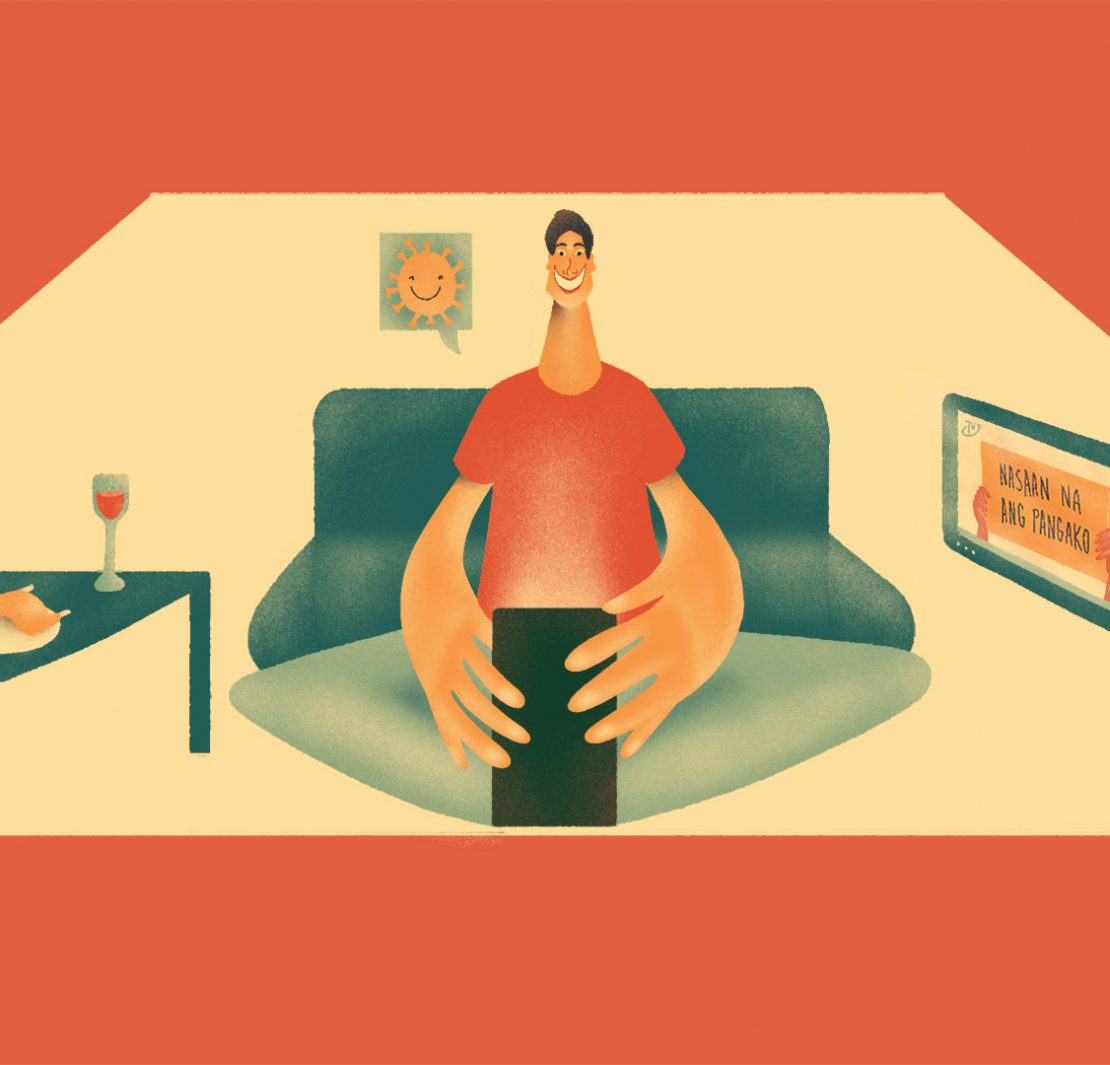[Warning: “Mad Max: Fury Road” spoilers ahead]
In “Mad Max: Fury Road” (2015), set in a post-apocalyptic wasteland, the titular character gets involved in a conflict within a parched and impoverished survivor colony. Here, Charlize Theron’s character Furiosa takes “breeding wives” from the colony tyrant’s harem to help them find a better life as women. They leave the colony searching for utopia—the last wild trees and plants—only to find that it doesn’t exist. Instead, they find more wasteland, but they also find seeds, preserved by a band of older women-warriors.
The women-warriors and Max, played by Tom Hardy in this iteration of the post-apocalyptic movie franchise, help Furiosa and the wives return, also with the help of one of the tyrant’s “warboys” who changed heart. Eventually, they usurp the tyrant as they discover that all along, he was hiding enough water for everyone in the colony.
***
April, 2019. Day 1 of a silent meditation retreat. For the nth time, I sit facing a blank wall, my legs folded in a full lotus position.
Here, with my mouth shut, every other sound seems to be highlighted: the faint rumbling of traffic, the chirping birds just waking up, the clang of kitchenware.
Pretty soon, the thoughts become rushing thoughts, thoughts which I’ve tried to avoid but always return.
Why the hell do I do this to myself? I ask in my head, for the nth time.
Four days and ten thousand leg aches later, it hits me—all this is an exercise in confronting my own suffering, my own pain, pain which I often set aside with the distractions afforded by entertainment and workaholism.
A year later and daily meditation seems less like a chore and more like a necessity—like brushing your teeth to prevent cavities. Except here, it’s mental hygiene, and it isn’t just about myself.
It’s about all of us.
***
Spirituality has diversified as more and more Filipinos are exposed to more cosmopolitan worldviews other than traditional Catholicism. Many are also looking back to rediscover and integrate our own indigenous spiritual heritage. Also popular is a kind of secular wellness, the “spiritual but not religious kind”—I’m sure you know the type if not embody it.
As advancing technology continues to reshape the pace of working and living, it’s understandable why we try to make sense of all the newness and uncertainty through spiritual and wellness practices, all the more in times of crisis.
This trend however, has also revealed an underbelly, a shadow, to use Jungian parlance.
Amid the Instagram grids of calligraphy-finished inspirational quotes, wellness retreats, sound baths and integrative yoga looms the shadow of toxic positivity. “Good vibes only, bro,” toxic positivity screams, “stay at home,” it demands, as despite a contagious disease, the poor are forced by hunger out of their homes to look for food.
Toxic positivity is a refusal to process ugly truths starting with oneself, and like teeth unbrushed and a mouth unwashed affecting the ability to savor food and perhaps even posing a hygienic threat, this mental state affects how we experience the world but also how we shape our shared experiences with others. No man, as the cliché goes, is an island. So please, keep your waterways clean.
And yet, toxic positivity is not just annoying, it’s lethal. It’s essentially willful ignorance: the choice to ignore the realities of a problem, ultimately delaying its resolution.
We should stop pitting positivity against negativity and focus on wholeness, on integration. True positivity is rooted in realism, in hard facts, an acknowledgement of what we’d rather turn away from, all to get a shot at actualizing our ideals.
This is tragic in personal matters, but disastrous in matters involving communities, populations, nations. Take, for example, the willful ignorance of certain world leaders when warnings came from scientists and doctors about the threat posed by the most recent pandemic.
***
Looking at Sister Sonia Punzalan, you wouldn’t guess that this Catholic nun and Zen master was an activist during Martial Law, who today continues to minister and assist the widows of extra-judicial killings.
Childlike at 84 years old with laughter coming easy to her, she perhaps embodies holistic wellness, suggesting what a mature spiritual practice is all about. “But be careful not to put your teachers on a pedestal,” she warns, looking me in the eye, “we have our own wounds, too.”
Perhaps we should stop pitting positivity against negativity and focus on wholeness, on integration. Phrased another way, true positivity is rooted in realism, in hard facts, an acknowledgement of what we’d rather turn away from, all to get a shot at actualizing our ideals.
True wellness thus doesn’t turn a blind eye to suffering and injustice. I understand the temptation of toxic positivity, especially in these highly uncertain times. But perhaps we need to leave our mental comfort zones, to enter the wasteland and find those darned seeds.
But don’t forget to return home to the here and now.
That’s where the water is.
The author is a member of Bahay Dalangin Zen Center, which traces its lineage to the Sanbo International Zen line headquartered in Kamakura, Japan. The views expressed are his own and do not reflect those of any organization.
Get more stories like this by subscribing to our weekly newsletter here.
Read more:
What 3,000 minutes of guided meditation taught me
Try these activities if you can’t deal with meditation
Free yoga classes you can do at home right now
Writer: PAOLO VERGARA
ART LEVENSPIEL SANGALANG



